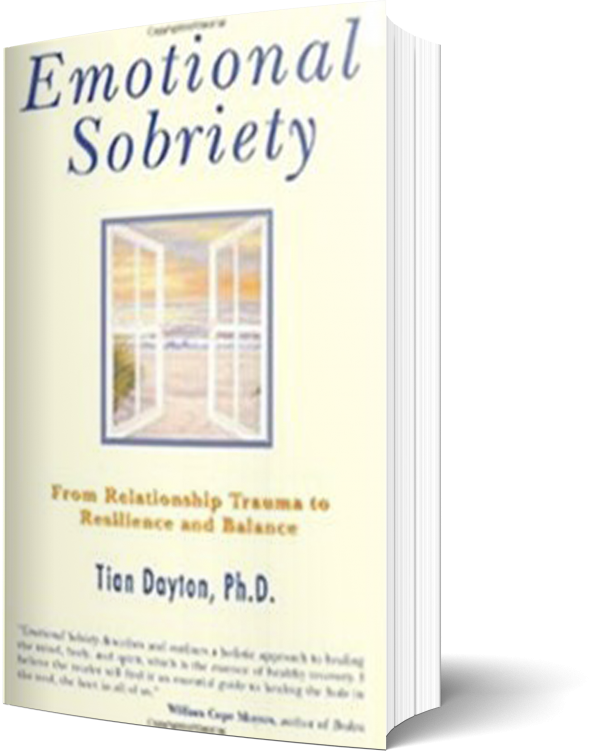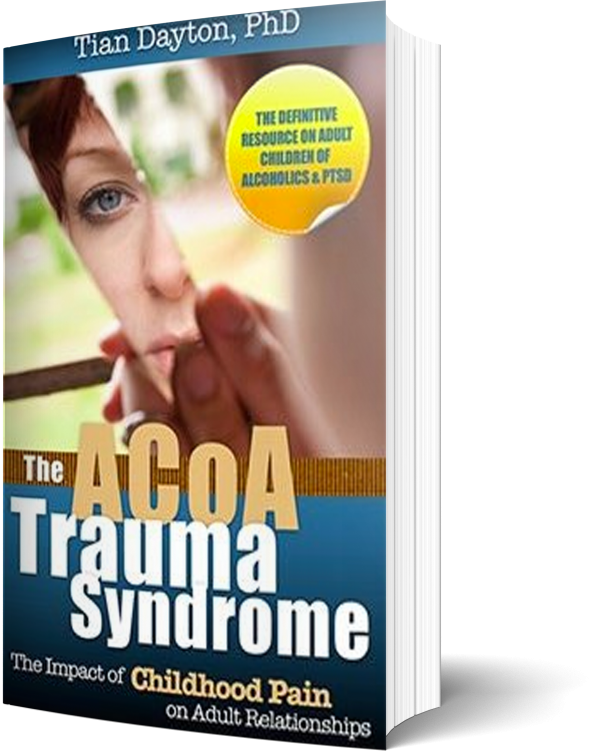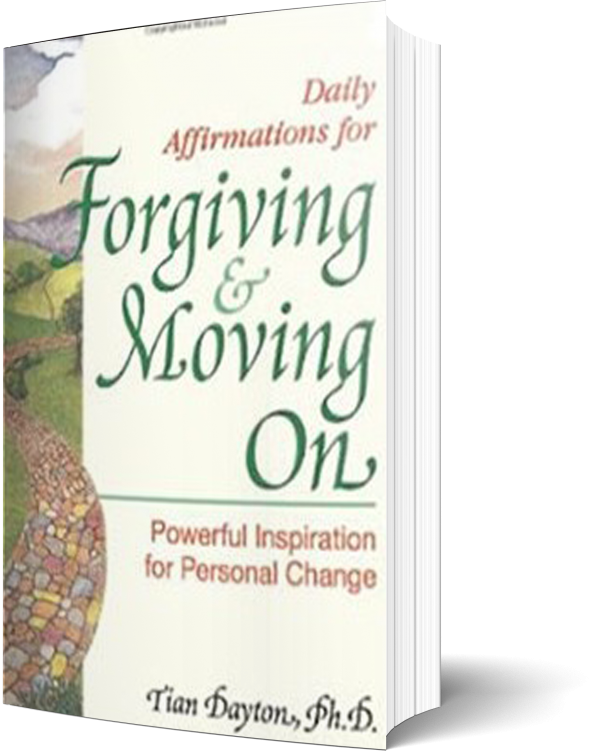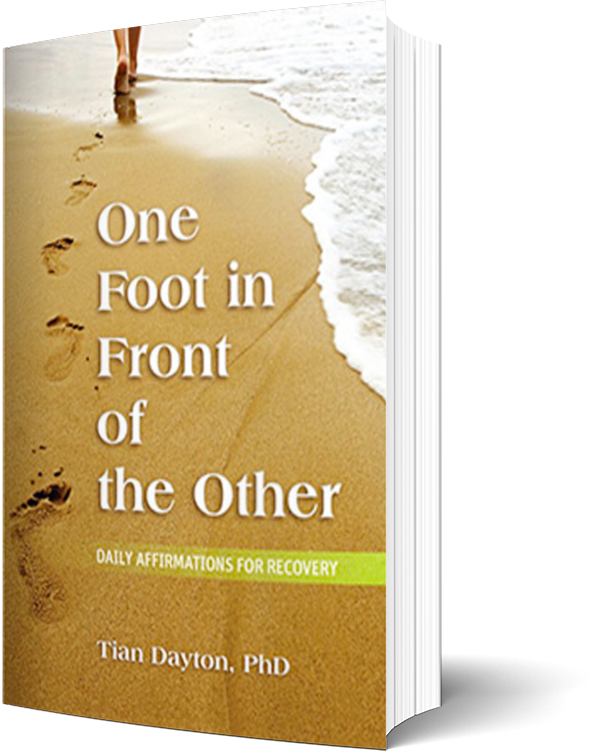Has excess become the new norm? Are we losing a sense of what it means to lead balanced lives? Are we living too much on the edge for our own good, overextending not only financially but emotionally, psychologically, and physically as well?
Are we just too stressed out emotionally for our own good?
The body can’t tell the difference between emotional stress and a physical emergency. It will respond to either by pumping out sufficient stress chemicals, like adrenaline, to enable us to stand and fight or flee for safety. Too much stress can, over time, deregulate what’s called our limbic system. It can overwhelm our ability to think clearly. Our stress sensors get set on high alert and we over respond to the circumstances of our lives. It’s like our brake pads are worn down and we go straight to the medal. We go from zero to ten with no speed bumps in between. Our emotions are on or off, we feel too little or too much, we loose our ability to fine tune, to stay within 4,5, and 6. We start living on the emotional edges rather than the middle ground.
Emotions, it turns out, impact our thinking more than our thinking impacts our emotions. When our emotions are out of control, in other words, so is our thinking. And when we can’t bring our feeling and thinking into some sort of balance, our life and our relationships show it.
Emotions are processed by something called the limbic brain system also referred to as our “emotional brain”. Our limbic system, which is where we experience and process emotion, actually sends more inputs to the thinking part of our brain, i.e. the cortex, than the opposite. (Damasio)
Emotional sobriety is about finding and maintaining our emotional equilibrium, our feeling rheostat, the one that helps us to adjust the intensity of our emotional responses to life. Emotional sobriety is tied up in our ability to self regulate — to bring ourselves into balance when we fall out of it.
Good self regulation can help us in literally every part of life from our relationships with other people to our ability to regulate the amount of food we eat, the alcohol we drink, or how much sleep we get. That’s because the limbic system where we process our emotions has jurisdiction over our mood, appetite, and sleep cycles. When our limbic system is out of balance we can become moody, lethargic and unmotivated. Our powerful emotions can over ride our thoughts and make it difficult for us to use our reason to bring our intense emotions back into balance. (see next two blogs for how we become deregulated in our limbic systems and how we can bring them back into balance).
When we have good self regulation we’re able to manage the daily ups and down of life and relationships without blowing up, shutting down, or withdrawing. We have more resilience; we can hang in there longer, whether we’re hanging in on a tricky conversation, a tiring day, or an emotionally stressful situation. We can use our thinking to lead us to emotional clarity and understanding because our emotions are staying within a range that we can tolerate. They can tell us how we’re feeling without taking us over so much that they start driving the buss on their own.
Emotional sobriety is all about living in emotional balance so that we are in a better position to enjoy our lives, feel passionate and alive and yes, know when we’re out of balance so we can set about doing what we need to do to get back where we know we’re more comfortable, happy and productive.
For more on the subject and Dr. Dayton’s book Emotional Sobriety see tiandayton.com.





